It was in January, 2023 that the women wrestlers had begun protesting for investigation into the allegations of sexual harassment of female wrestlers by the President of the Wrestling Federation of India. However, on 20th July, a Delhi Court of Additional Chief Metropolitan Magistrate of the Rouse Avenue Courts has granted bail to the outgoing Wrestling Federation Chief. Previously, an interim bail has been granted. To control crimes against women, the punishment will have to be enhanced for such offences so that the accused is not able to take benefit of ‘Jail is an exception and bail is the Rule’. There is a need to bridge the gap in administering Justice. Anyhow, it is quite a contrast to see that the High Courts and the Apex Court are going miles to give justice to the women in the Country and contribute in their empowerment.
A series of judgments will demonstrate the sensitivity and the proactiveness of our Appellate Courts in championing the cause of women. The Hon’ble Chhattisgarh High Court in Priya Sharma v. Sanjit Sharma has passed a verdict holding that a wife cannot be treated as a hired chattel or a “bonded labour” by her husband. The Court also opined that a woman cannot be forcibly made to stay with her in-laws when she has received threats to her life. The Hon’ble Madhya Pradesh High Court in Amar Singh Rajput v. State & Anr segregated false rape cases from the genuine ones, has held that over a year’s time is sufficient for a prudent woman to realise whether a promise made by a man to marry her was a false promise from its very inception or whether it was merely a breach of genuine promise. This judgment holds whether a false promise to marry was made with an intention to vitiate the woman’s consent. The Hon’ble Bombay High Court has called for the sensitization of the entire police force across the State of Maharashtra to deal with couples in conflict with their family members. The Hon’ble High Court was hearing a plea by a lesbian couple seeking protection in the wake of a “missing girl” complaint filed by one of their parents, objecting to the relationship. The Hon’ble Madras High Court in Chandra v. Selvaraj has held that when a woman initiates litigation to vindicate her rights, it can never be considered as mental cruelty to the husband. The Hon’ble Apex Court in Women Lawyers Association Nilgiris v. Madras High Court has sought a detailed report from the Madras High Court on basic facilities for women in Nilgiris Court. The Hon’ble Apex Court has agreed to list whether marital rape case has to be criminalised or remain an exception to the offence of rape. The Hon’ble Apex Court took Suo Motu cognisance of a video that emerged in which two Manipuri women belonging to Kuki tribe were seen paraded naked and being molested. Therefore, the above series of cases clearly speaks that the Appellate Courts are strict in safeguarding the rights and dignity of the women.
The Appellate Courts on writ petitions and Suo Motu are marching towards upliftment of women upholding their dignity. They are not shying away from taking cognizance of the actual realities and anomalies that women in the Country are facing. They are abhorred towards mistreatment of women as ‘chattels’ or ‘bonded labourer’ in their matrimonial homes. They are liberal in protecting same sex couples being tortured by their own families. They have the foresight in going to the extent of examining whether marital rape can be criminalised or not. At the same time, they are equally creating a fine balance in curbing the misuse of Section 376 of the IPC and Section 498 A of the IPC by the women. The sufferer should not suffer and the misuser should not be allowed to misuse the law. They are encouraging the women to initiate litigation to vindicate their rights and live with dignity in their matrimonial homes. They are conscious of the basic human right of a woman to use a toilet and is leaving no stone unturned in providing the same.
However, as a matter of fact there is a huge gap in our Justice Delivery System at the bottom and at the top. It is this gap at the bottom which is the first door of providing justice to the women at the grassroot level. There is a dire need that the bottom level is sensitised and is equally proactive in giving justice to women. A substantial population of women in the Country knock the doors at the bottom level and it is at this juncture that their faith in the justice delivery system has to be reposed. It is not possible for everyone to bear the cost of litigation in seeking justice at different levels of the Justice Delivery System.
It is quite a paradox that women who are in position of power, they too, face the same set of inequality that is faced by any common woman in the Country. There has been instances of misconduct towards Lady Judge in State v. Ritesh Mishra & Ors, it is a matter of perception and lack of sensitisation that leads to such incidents. Our male gentry is yet to be fully groomed to accept women as equal to that of men. Attaining education, a job or a position of power is not sufficient for women to shield themselves from untoward incidents. The Justice Delivery System will have to be strict in dealing with crimes against women at the lowest level. They should send a strong message to the masses at the lowest level that there is zero tolerance towards any crime against women. The grassroot level has to be taught and groomed to control the patriarchy from going uncontrolled in asserting their undue authority over women. Therefore, a mechanism needs to be evolved at the lowest level of the Justice Delivery System so that women are saved from unnecessary harassment of knocking doors of justice at the highest level.
For this, firstly, there should be a proper training in this regard at the lowest level of the Justice Delivery System so that they are equipped to cater to the need of justice for women. Secondly, a set of guidelines should be provided as to how and in what manner such cases have to be dealt with. Thirdly, there should be regular appraisal of the decisions at the lowest level of the Justice Delivery System. Fourthly, on the basis of these appraisals, a monitoring should be done so that there is a check on the implication of the decision. A decision either reposes faith in the system or it makes us lose faith in the system. Fifthly, some corrective mechanism has to be in place so that a clear message goes that ‘no one is above law’. Until the foundation is strong, a building can never be strong. Lastly, there is a need for ‘confidence building’ at the lowest level of the Justice Delivery System, they should feel protected and secure so that they are not inhibited in doing justice.
The efforts and the energy our Appellate Courts are concentrating towards the cause of women can never be fulfilled at the grass root level if there is no cooperation from the lowest level of the Justice Delivery System. Justice will only be limited to those who can afford to approach the Appellate Forum and the rest of the population will continue to perish. The importance of cooperation has to be understood at all the levels of the Justice Delivery System since they all have a common goal and that is to deliver justice. When the Appellate Courts are not inhibited in pronouncing historic judgments breaking the conventional mindset or pronouncing rarest of rare punishment that is Capital Punishment, one fails to comprehend that why at the lowest level one is not able to get ‘basic’ justice.
Law is there, enforcement agencies are there and for the violation of law, the Justice Delivery System is there to administer justice but, this Justice Delivery System has to be fearless and fair and impartial in pronouncing decision. Most importantly, in such cases, the trial has to be free and fair and conducted in a time bound manner to take it to its logical conclusion. A specific direction is required at the lowest level of the Justice Delivery System for expeditious trial of the case so that the evidence and witnesses are not lost in due course of time.
* Advocate, Patna High Court.


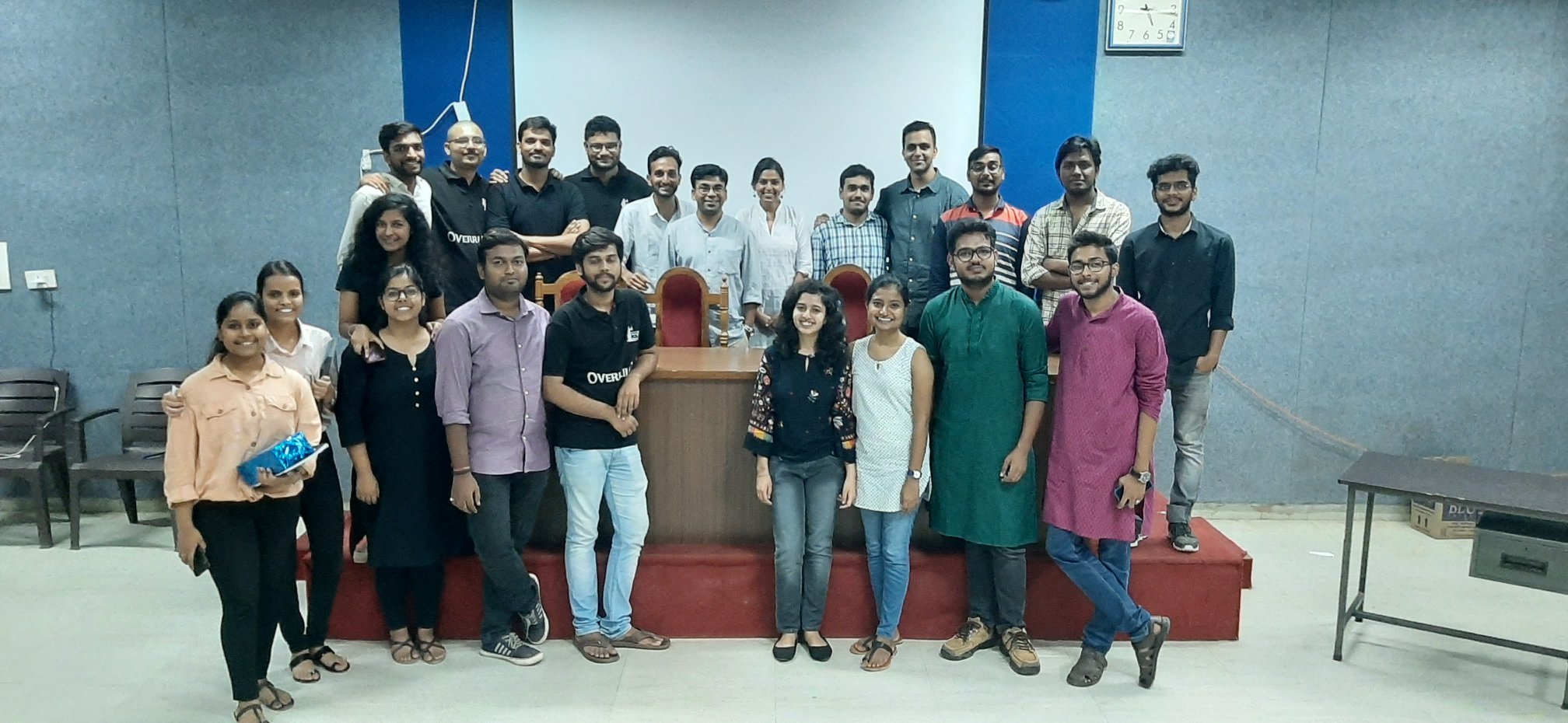
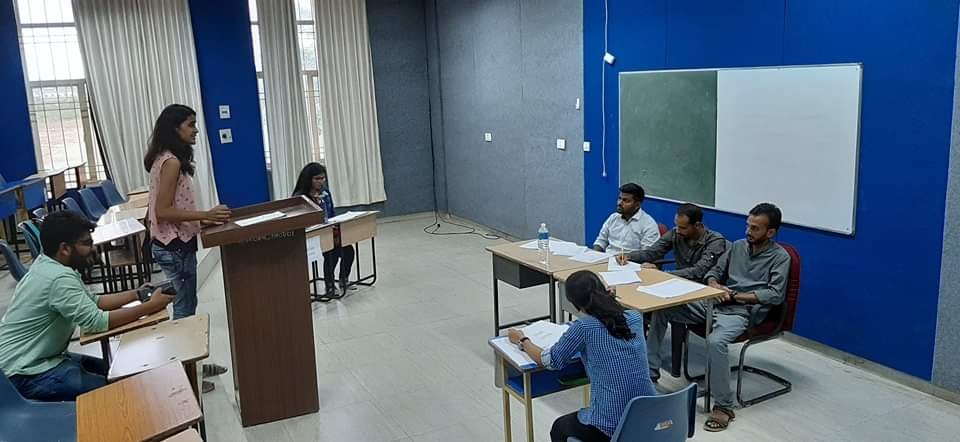
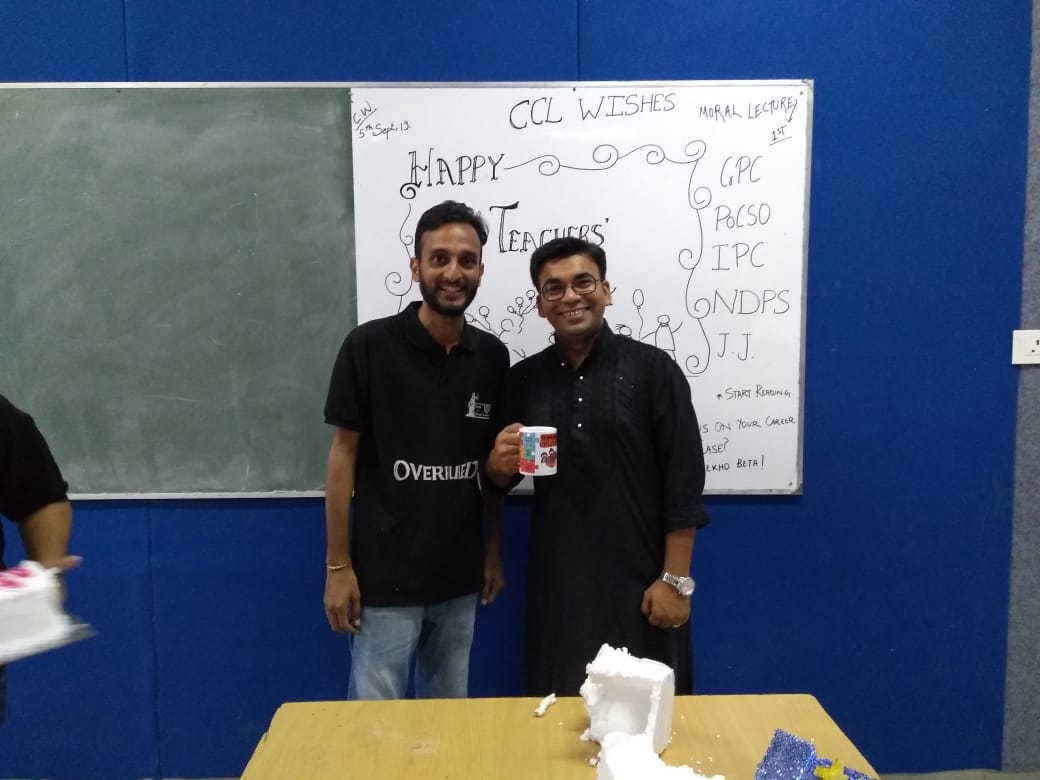
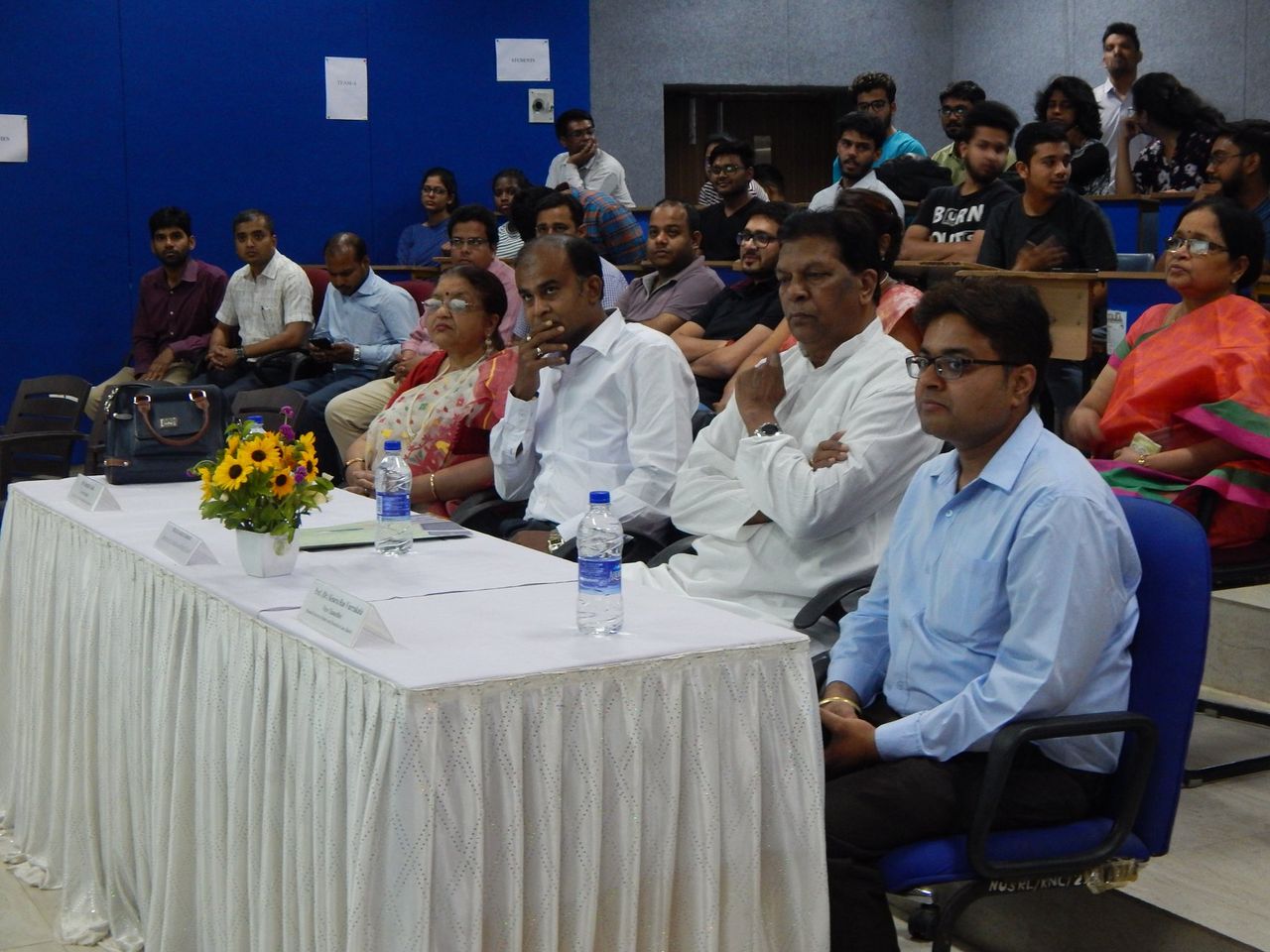
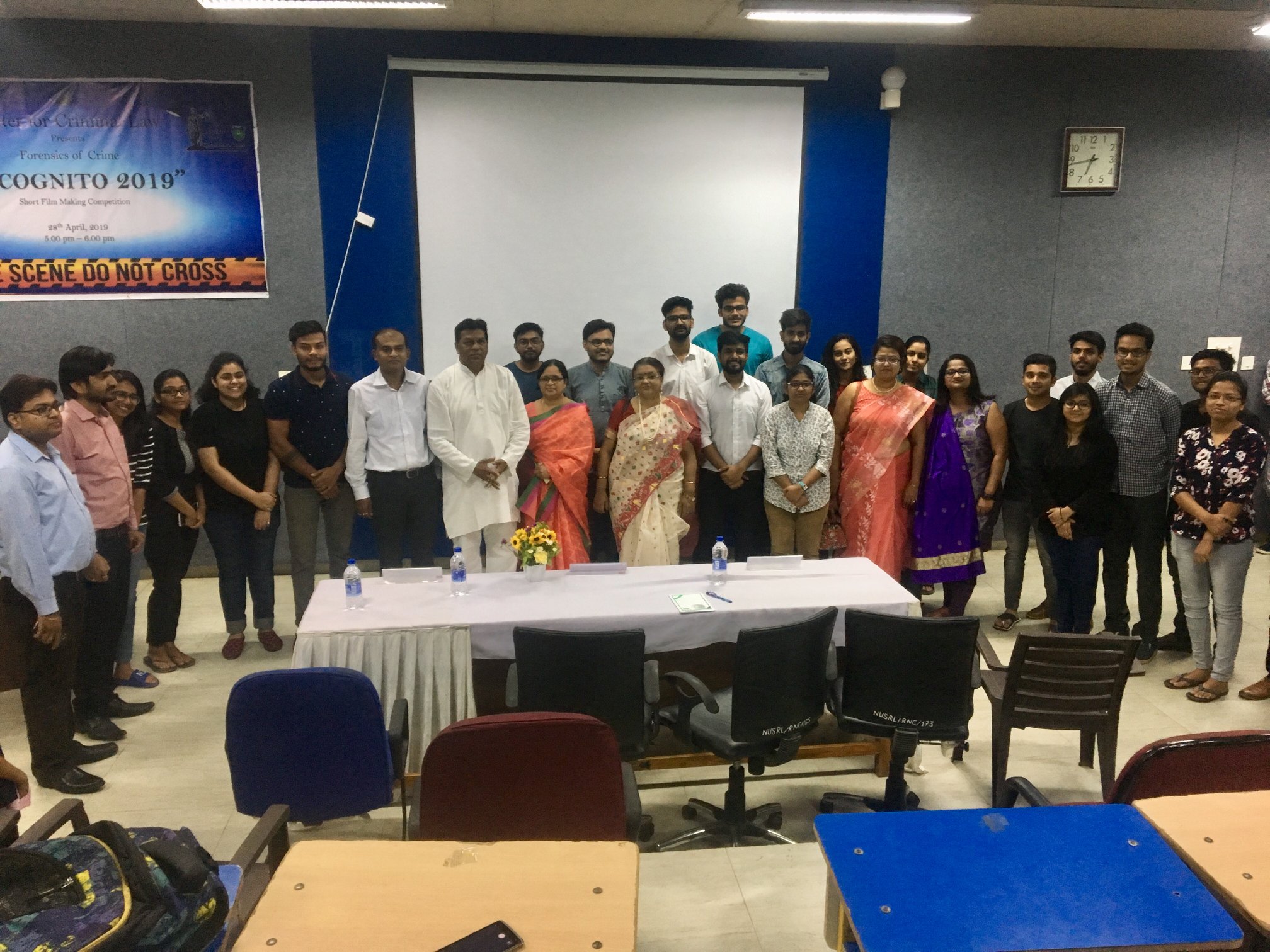
Leave a comment